Homo rhodesiensis superior to Bodo man, advises Carl Linnaeus’ name sake organization
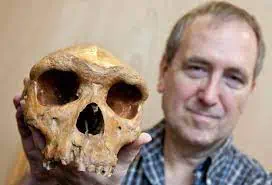 Homo rhodesiensis just got a healthy endorsement.
Homo rhodesiensis just got a healthy endorsement.
Christopher Stringer is indisputably the most widely acclaimed, and respected paleo-anthropologist in the world. Stringer is Director of the Natural History Museum – London. On February 14, he Tweeted out the link out to an official statement by the Linnaeus Society of London.
Signers include 25 acclaimed geneticists, zoologists, and anthropologists, including naturalist Dmitry Dmitriev and reptile/amphibian expert Luis M P Ceríaco.
From the paper, January 20, 2023,
Renaming taxa on ethical grounds threatens nomenclatural stability and scientific communication: Communication from the International Commission on Zoological Nomenclature
Similar proposals are now being put forward in zoology. Recently, a suggestion was made to replace the scientific names of several North American freshwater fishes ‘named after people who advocated racist and sexist views, used derogatory names in their writings, or did reprehensible things during their careers’ (Tracy, 2022). Likewise, in the field of hominid taxonomy, a proposal to replace a long-established scientific name that carries ‘social-political baggage’ with a new and putatively neutral one has been debated (Roksandic et al., 2021, 2022; Delson & Stringer, 2022; Sarmiento & Pickford, 2022).
The hominin they reference of course, is Homo rhodesiensis. The original name of the species is named after Rhodesia, present day Zimbabwe. The nation of Zimbabwe gaining independence complicated the naming of the skull.
The Kabwe skull, is one of the most complete and best preserved hominin skulls ever found.
From the Smithsonian:
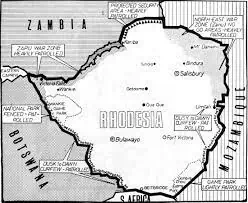 Swiss miner Tom Zwiglaar is credited with finding the first early human fossil ever to be discovered in Africa. When Kabwe (also known as Broken Hill) was sent to Arthur Smith Woodward, Woodward assigned the specimen to a new species: Homo rhodesiensis. Today, most scientists assign Kabwe to Homo heidelbergensis.
Swiss miner Tom Zwiglaar is credited with finding the first early human fossil ever to be discovered in Africa. When Kabwe (also known as Broken Hill) was sent to Arthur Smith Woodward, Woodward assigned the specimen to a new species: Homo rhodesiensis. Today, most scientists assign Kabwe to Homo heidelbergensis.
Originally believed to be 500,000 years old, it was recently re-dated using uranium isotopes by a team led by Stringer, to 299ya. This complicates the phylogenetic timeline. With an earlier date, it makes it more unlikely African Heidelbergensis would be ancestral to Homo sapiens. The first Homo sapiens arose, it is now believed, ~300,000 years ago.
From Natural History Museum, 2020:
‘Until recently I – and many other palaeoanthropologists – argued that H. heidelbergensis existed about 500,000 years ago, and was probably the last common ancestor of our species H. sapiens evolving in Africa, and Homo neanderthalensis (the Neanderthals) which evolved in Eurasia,’ says Chris.’
A date of about 300,000 years old highlights the complexity of human evolution in Africa.’
The Kabwe skull currently sits at the Museum in London. Zimbabwe is claiming ownership and is currently in negotiations with the British government for its return.
A group of paleo-anthropology academics recently proposed a solution to at least the naming of the species.
From pubmed.nih.gov, Sept. 2022, (Univ. of Winnipeg) et.al.,
Homo bodoensis and why it matters
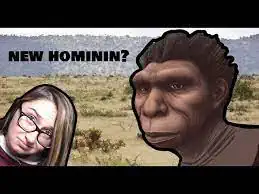 we proposed a new species, Homo bodoensis, to replace the problematical taxa Homo heidelbergensis and Homo rhodesiensis, with the goal of streamlining communication about human evolution
we proposed a new species, Homo bodoensis, to replace the problematical taxa Homo heidelbergensis and Homo rhodesiensis, with the goal of streamlining communication about human evolution
we discuss further why H. rhodesiensis should be abandoned, particularly in light of the current sensitivity to using culturally inappropriate names… we provide additional clarification about the rules governing taxonomic nomenclature as outlined by the International Code of Zoological Nomenclature and join the growing calls for a revision to these rules.
The proposal gained a great deal of attention from left-leaning media, as it smacked against colonialism. Erika at Gutsick Gibbon, YouTube’s top celebrity primate expert and paleo-anthropologist came out in favor of the change. Though, she notably had some reservations. See “We need to talk about Homo bodoensis.”
Does it demystify the situation. For me personally, I don’t know… to simplify things, before Homo bodoensis we had a group of hominins known as Homo heidelbergensis. They made up a rather vague range… including representatives that would eventually become Neanderthalis, Homo longi [Denisovans} and Homo sapiens… this group came along and said instead this section of Heidelbergensis, is no longer Homo Heidelbergensis, instead it’s Homo bodoensis…
Now in a stunning rebuke, the distinguished Linnean Society is rejecting Homo bodoensis.
“There is also a possibility that neutral and non-offensive names proposed as replacements could themselves be considered offensive as attitudes change in the future”
Continuing:
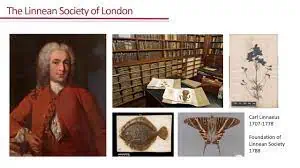 Replacing accepted scientific names because of perceived offensiveness is not, and should not be, regulated by the Code. Although the Commission recognizes that some scientific names might cause discomfort or offence to parts of the community (such as eponyms of dictators or historical figures considered by some as racists, or because a word currently has negative connotations), the commitment to a stable and universal nomenclature remains the priority. It is well outside the scope of the Commission to assess the morality of persons honoured in eponyms or the potential offensiveness or inappropriateness of certain names.
Replacing accepted scientific names because of perceived offensiveness is not, and should not be, regulated by the Code. Although the Commission recognizes that some scientific names might cause discomfort or offence to parts of the community (such as eponyms of dictators or historical figures considered by some as racists, or because a word currently has negative connotations), the commitment to a stable and universal nomenclature remains the priority. It is well outside the scope of the Commission to assess the morality of persons honoured in eponyms or the potential offensiveness or inappropriateness of certain names.
Owing to the inherently subjective nature of making such assessments, it would be inappropriate for the Commission to assert judgments on such matters of morality, because there are no specific parameters to determine thresholds for offensiveness of a scientific name to a given community or individual, either in the present day or in the future (but see Smith et al., 2022). There is also a possibility that neutral and non-offensive names proposed as replacements could themselves be considered offensive as attitudes change in the future, prompting further new replacement names. Moreover, any names replaced for ethical reasons would not simply disappear but would remain in the literature in perpetuity as part of taxonomic and nomenclatural synonymies.
“We, as Rhodesians are honored that the Linnaeus Society has agreed that the original name of Homo rhodesiensis should be retained…”
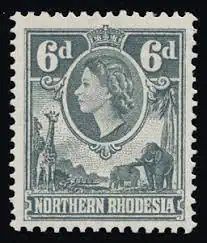 Interviewed by Subspeciest, a spokesperson for the Free Rhodesia movement expressed her appreciation to the Linnaeus Society:
Interviewed by Subspeciest, a spokesperson for the Free Rhodesia movement expressed her appreciation to the Linnaeus Society:
My name is Mrs Liz van Rensburg, and I was born in Broken Hill in 1954.
My birth certificate states I was born in Northern Rhodesia, and I proudly consider myself a Rhodesian. Many of us lost far more than our homes during those crisis years. We no longer have a physical nation, our history has all but been destroyed, but we have a bond which spans continents.
There are very few things which still exist to commemorate our heritage. The Homo rhodesieinsis is our proudest. We, as Rhodesians are honored that the Linnaeus Society has agreed that the original name of Homo rhodesiensis should be retained and not replaced. Thank you for this.
Note – the Linnaen Society of London has a YouTube channel with a multitude of informative videos on animals, zoology and natural history. Their library contains over 90,000 books on nature, dated from all the way back to the 14th century.
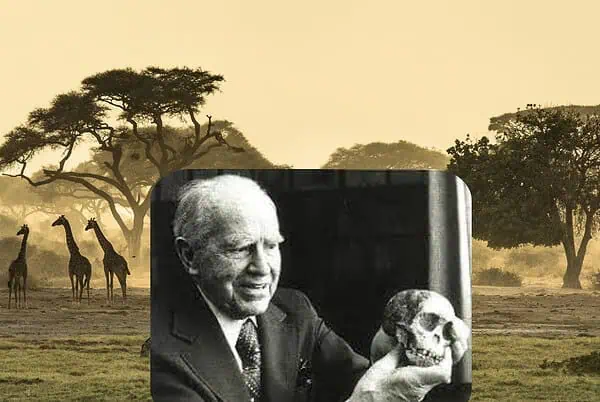
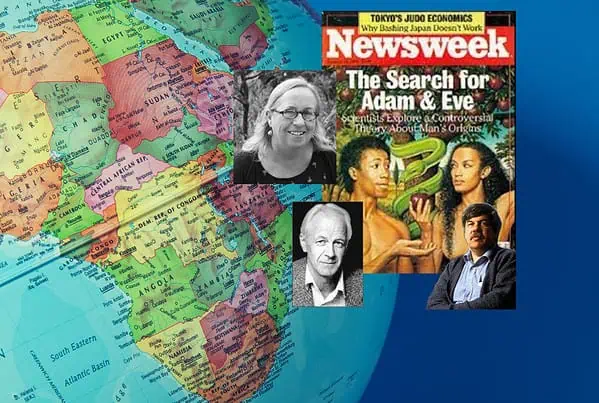
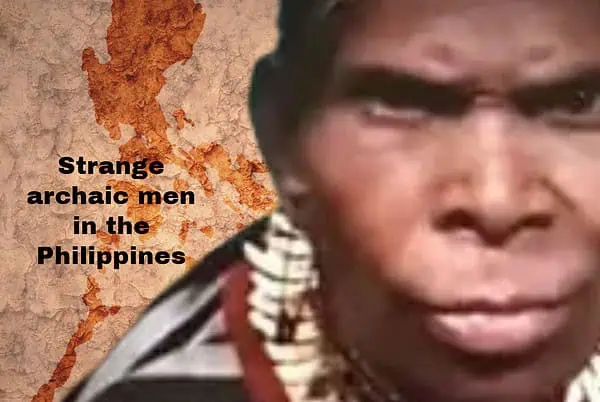
Personally, I resent the use of the name Homo heidelbergensis.
Naming a hominin after a long-established brewery gives the wrong message to our youth and condones the human tragedy that is alcoholism.
https://www.brauhaus-vetter.de/en
And we need to call the Orkin man:
https://www.rtvslo.si/news-in-english/slovenia-revealed/a-beetle-endemic-to-slovenia-is-named-after-adolf-hitler/330617
I had no idea Duncan. But as a passionate beer drinker, I humbly disagree. Keep Heidelbergensis.
I read somewhere that Homo erectus was named after Liberace, but I think I’d have to see fossilized sequins before I believed that.
Y’know Duncan, I have a vague recollection of that Liberace name too, but I’m not sure if it was in relation to Homo erectus, or maybe just one of the Homo erectus skulls.
I think one of the Homo habilis skulls, the best one in fact, was named after a 1960s pop star – Twiggy.
It is imperative that the abusers of this cancel “culture” are made to understand, that they themselves, can be canceled too, in the future, and perhaps the very near future at that.